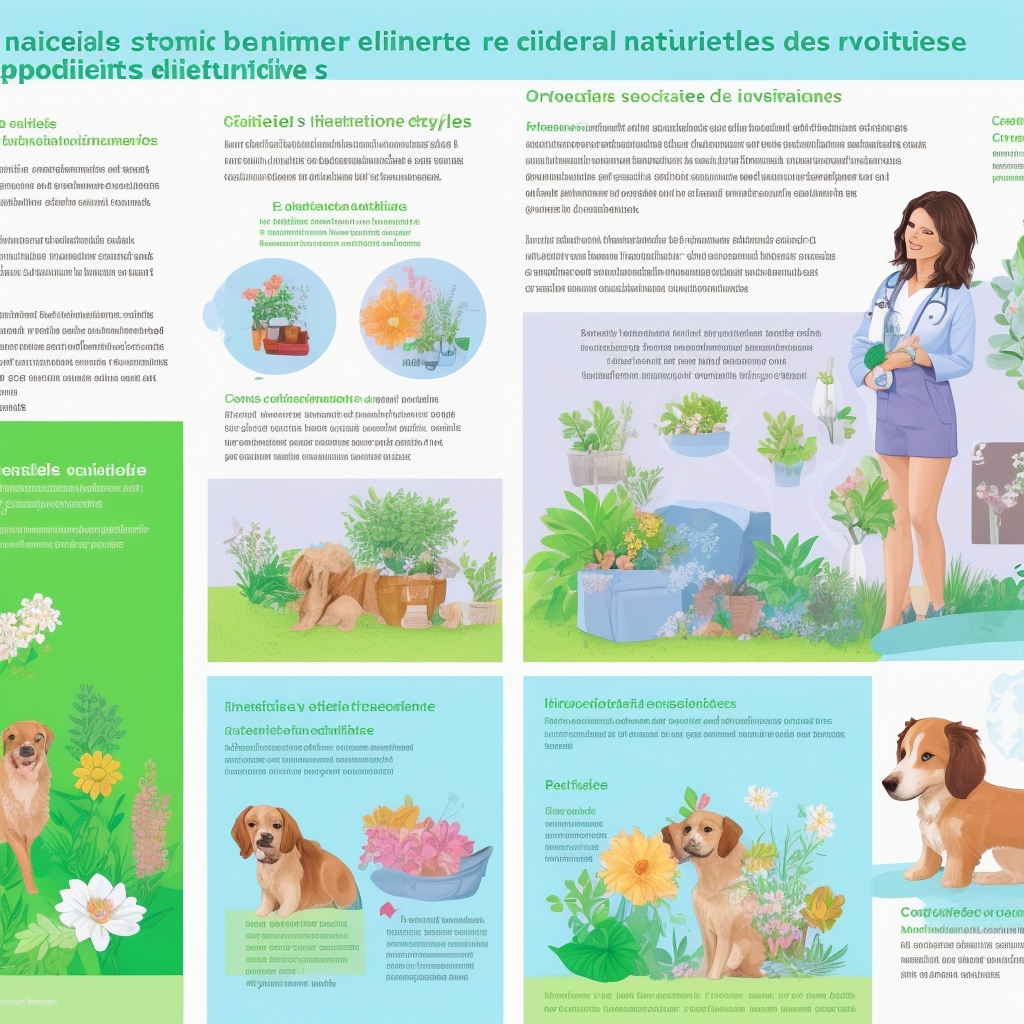In a world increasingly conscious of health issues, the debate surrounding vaccines and natural alternatives sparks many discussions. Vaccines have been a major breakthrough in preventing infectious diseases, but some individuals seek alternative approaches to boost their immune system or avoid perceived vaccine side effects. This article explores vaccines and natural alternatives, examining their effectiveness, safety, and how they can be integrated into a holistic health approach.
Vaccines: A Cornerstone of Public Health
What is a Vaccine?
A vaccine is a biological preparation that stimulates the immune system to produce an immune response against a specific disease. By introducing a weakened or inactivated pathogen, or a part thereof, vaccines enable the body to develop immune memory.
Efficacy of Vaccines
Vaccines have proven their efficacy in reducing the incidence of many serious diseases, such as measles, polio, and influenza. For example, the World Health Organization (WHO) indicates that measles vaccination reduced the number of deaths by 73% between 2000 and 2018.
Safety of Vaccines
Vaccines undergo rigorous testing before approval. While they may cause side effects, these are generally mild and temporary, such as pain at the injection site or a slight fever. Severe cases, such as allergic reactions, are extremely rare.
Natural Alternatives: A Complement to Vaccines?
Natural Approaches to Boosting the Immune System
There are several natural approaches individuals can consider to support their immune system, although these do not replace vaccines. Here are some of the most common:
1. Balanced Diet
A diet rich in fruits, vegetables, whole grains, lean proteins, and omega-3 fatty acids is essential for strengthening the immune system. Foods rich in vitamin C, like citrus fruits and peppers, and those containing zinc, like nuts and legumes, are particularly beneficial.
2. Medicinal Plants
Certain plants are known for their immunostimulant properties. For example:
- Echinacea: Traditionally used to prevent respiratory infections.
- Ginseng: Known for its adaptogenic and immunostimulant properties.
3. Nutritional Supplements
Supplements such as vitamin D, vitamin C, and zinc can help support the immune system, especially during winter months or in individuals with deficiencies.
Traditional Medicine and Homeopathy
Some choose to resort to practices like homeopathy or Traditional Chinese Medicine (TCM) to enhance their health. While these approaches have their proponents, it’s essential to note that they do not replace proven prevention methods like vaccination.
Concrete Examples and Use Cases
Use Case: Echinacea for Respiratory Infections
One study showed that echinacea could reduce the duration of cold symptoms by an average of 1.4 days. While this doesn’t replace a flu vaccine, it can help reduce the severity of symptoms in case of infection.
Use Case: Nutrition and Vaccination
Research indicates that good nutrition can improve vaccine efficacy. For example, malnourished children may have a reduced immune response to vaccines, highlighting the importance of a balanced diet before and after vaccination.
Testimonials
Testimonials from individuals who have chosen to combine a healthy diet and medicinal plants with their vaccination schedule show that this integrated approach can give them a sense of control over their health.
Key Points and Best Practices
Integrating Vaccines and Natural Alternatives
- Consult a healthcare professional: Before making any changes to your health regimen, it’s essential to consult a qualified healthcare professional.
- Balance nutrition: Adopting a rich and varied diet is fundamental to supporting the immune system.
- Avoid self-medication: While some plants and supplements can be beneficial, it’s crucial not to substitute them for medical treatment without professional advice.
- Get vaccinated: Do not overlook the importance of vaccines in preventing infectious diseases. They are a key tool in individual and collective protection.
- Listen to your body: Every individual is unique. What works for one person may not be suitable for another. Learning to listen to your body is essential.
Conclusion
The discussion around vaccines and natural alternatives is complex and requires a nuanced approach. Vaccines remain a fundamental tool for preventing infectious diseases, while natural alternatives can play a complementary role in strengthening the immune system. A balance between these two approaches, based on factual information and professional advice, can offer an effective overall health strategy. By adopting a balanced diet, consulting healthcare professionals, and staying informed, everyone can make informed decisions for their health and that of their family.
What specific health goals are you hoping to achieve with an integrated approach to health?







